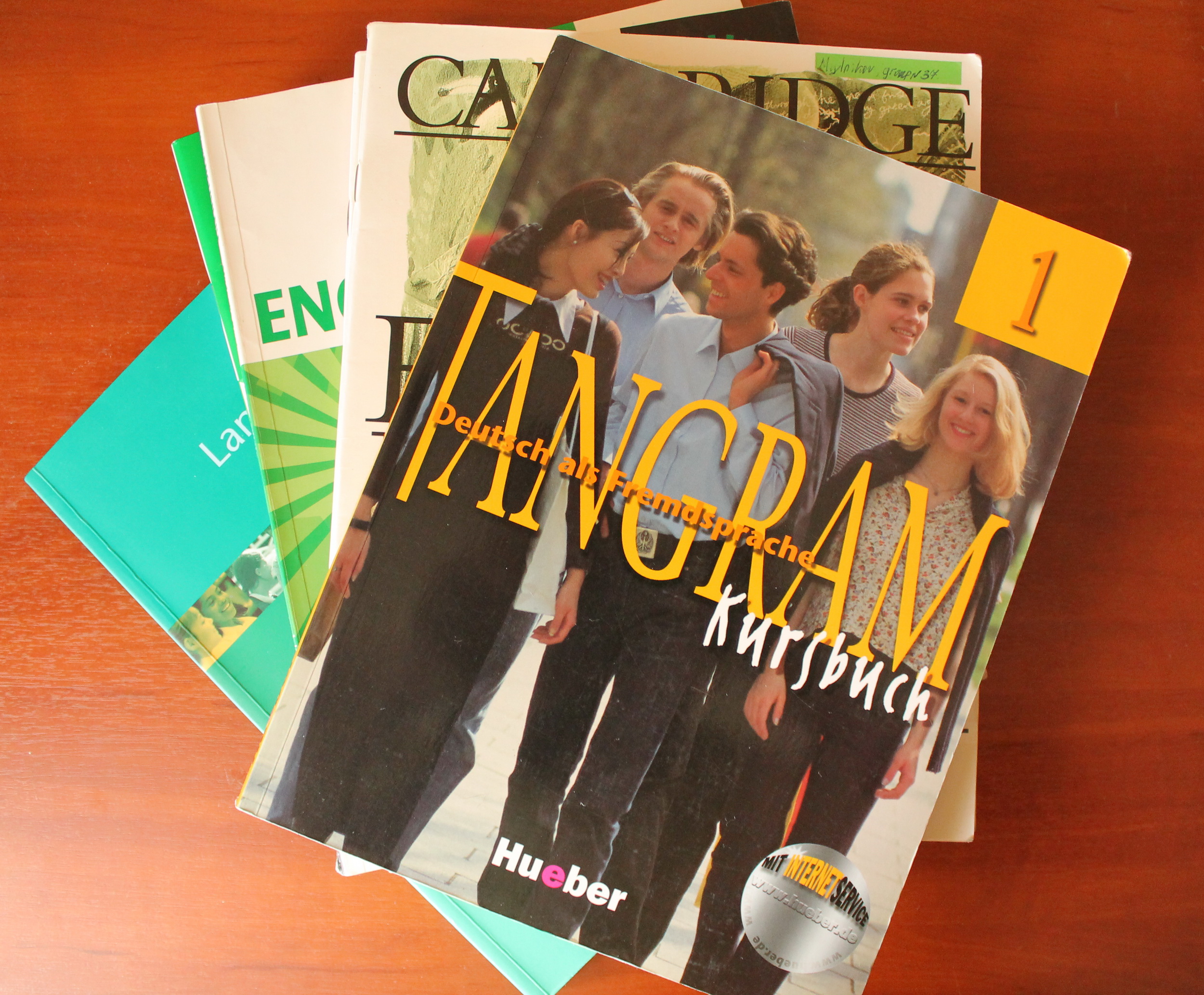Importing a new degree system in Russia

Russian reforms are affecting how and what students study
After reading Emmy’s entry about Kenya’s system of education and its impact on young people’s choices, I’d like to talk about the same issue in my country.
Things are set up differently in Russia. Our schools use a 3-5-2 system. The first two steps are: primary school, which usually takes 3 years, and secondary school, which takes 5. Both are compulsory. Then there’s a choice between attending high school for 2 more years and getting the right to enter a full-time university or leaving school and doing a vocational training program.
University used to take 5 years. But Russia wants to stay on par with its important economic partners, so the country is implementing the Bologna Process – with the result that higher education is being transformed into 4 years for a bachelor’s degree and two additional years for a master’s.
I think that many professors and teachers from our (grand)parents’ generation don’t approve of this transformation since it makes them face something totally new. But being open to new things sometimes means you have to adopt foreign methods. Students themselves are sometimes at a loss when they’re asked to complete a program sponsored by the government but not fully tested and approved of by their professors.
It’s not that these methods are bad – but you have to imagine this big chain that consists of universities, colleges, their teaching staff, students and administrative staff. There’s an old network in place that finds it hard to adapt to the new system. What’s more, I can’t say that it’s teacher A or administrator B or university C that is definitely the “link” in the chain that causes problems. Each part of the network seems to contribute to the issues in the system!
Another thing – when young people realize their majors may not be their cup of tea after all, it’s natural for them to want to change. That’s why I think it’s important for a student to have the right to choose between programs without difficulty.



